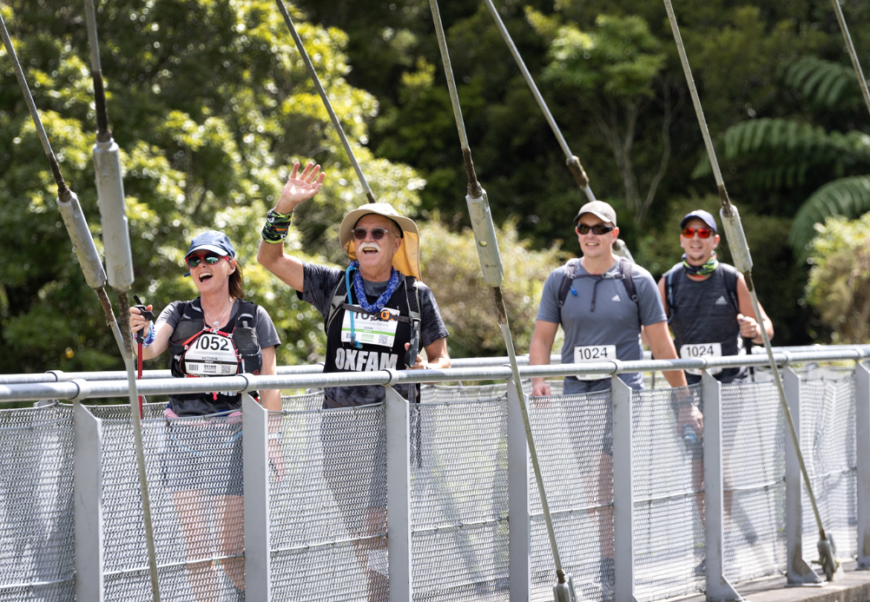Survivors of last month’s devastating earthquakes in southern Turkiye have been dealt a fresh blow as heavy rains and severe flooding hit the region, with further downpours forecast in the coming hours.
At least five people have been killed so far and at least five others are reported missing, with the provinces of Sanliurfa and Adiyaman badly impacted.
Footage shows city streets in Sanliurfa turned into fast-flowing rivers, with cars and other debris being swept away, and people being rescued from the floodwaters.
Thousands of people who have been living in tents since February’s earthquakes have also been affected with reports some have been evacuated. A hospital’s emergency department was inundated as well as many homes and businesses, and schools were closed.
The General Directorate of Meteorology has issued an orange alert for a possible extreme downpour in the provinces of Kahramanmaraş, Şanlıurfa, Kilis, Gaziantep, Adıyaman, Malatya, Elazığ, Diyarbakır and Mardin, most of which were also badly impacted by the earthquakes, which killed more than 50,000 people.
Oxfam KEDV’s Deputy Executive Director Didem Demircan said the situation was incredibly difficult for many people who had already lost everything in the last disaster.
“The situation is extremely dire. Flooding is not unusual in this area, but to have this come in the immediate aftermath of the earthquakes is compounding the suffering of those still struggling to come to terms with the first disaster and its impact on their lives.
“As well as the tragedy of more lives lost, roads have been blocked again limiting access, dams are overflowing and large amounts of agricultural farmland have been impacted, with some harvests likely to have been lost.
“Floodwaters and stagnant water also increase the risk of further contamination of drinking water supplies, which were already threatened by heavy infrastructure damage, and measures must be taken to prevent the outbreak of water-borne diseases.
“People impacted by this flooding will be in need of food, drinking water, sanitation and shelter, as well as furniture and bedding. Women will require extra support as risks to their safety always increase in disasters.”
Oxfam is already responding to last month’s earthquakes and has been working with the National Disaster Response Platform and a network of women’s cooperatives to facilitate the distribution of food, drinking water, temporary shelter, blankets, sanitary kits and power banks. Community kitchens have also been established in various locations, including in Sanliurfa.








